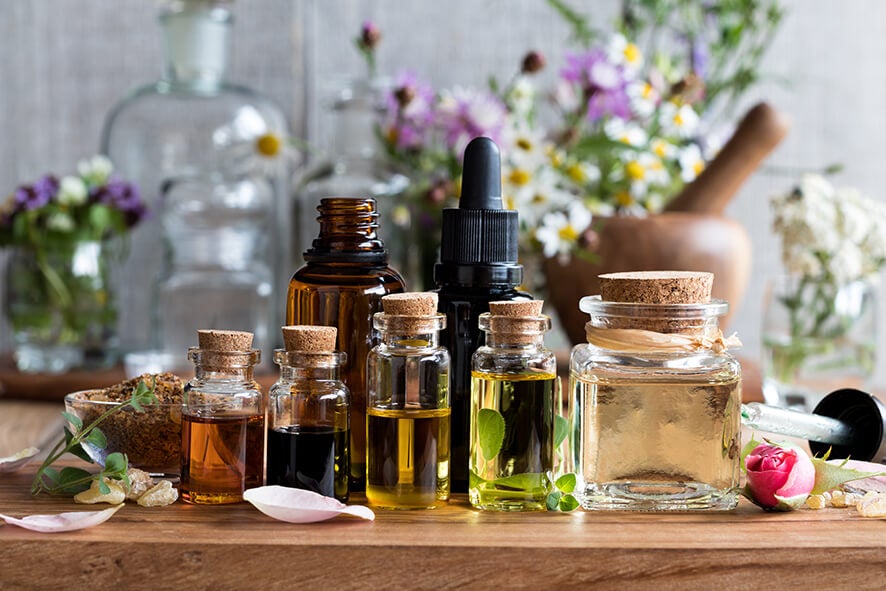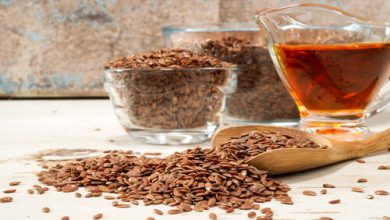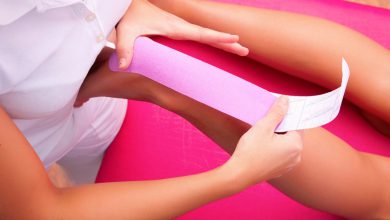Natural Treatment For Sleep Apnea

It is a disorder that affects the normal function of breathing while we sleep. It is important to know the symptoms, to know how to apply some recommendations and natural remedies.

Sleep apnea is a sleep disorder and is considered “serious” because it stops the flow of oxygen to different parts of the body while you are resting.
The World Association of Sleep Medicine, WASM in its acronym in English, indicates that 45% of the world’s population suffers from some type of problem related to sleep.
When it comes to sleep apnea, it can be caused by various causes. You may have sleep apnea if you snore loudly and feel tired even after a full night’s sleep. It is also possible that you know a person who may suffer from it.
Either way, here we present you with useful information about this problem, symptoms, recommendations and natural treatments.
Sleep apnea: knowing the problem
It is a disorder that affects the normal functioning of breathing while we sleep. It can cause shallow breathing or short pauses in the normal flow of air, lasting 15-20 seconds.
Sleep apnea prevents us from sleeping peacefully at night. Therefore, you may experience lighter sleep, nightmares, or a lack of full body restoration.
All this results in low energy, lower productivity, bad mood, irritability and decreased mental awareness.
If not treated properly, sleep apnea can lead to daytime sleepiness, slow reflexes, and increased risk of accidents. In turn, it causes health problems such as obesity, hypertension, diabetes, or heart disease.
The symptoms of sleep apnea can be difficult to identify because they occur at night and while we sleep. A family member or partner is the one who detects certain changes in the dream of whoever is next to him.
Sleep apnea symptoms
According to the staff of the Mayo Clinic, some of the signs that this problem is being suffered are:
- Pauses in breathing.
- Very loud snoring.
- Choking or gasping
- Excessive daytime sleepiness (hypersomnia).
- Difficulty staying asleep (insomnia).
- Feeling of shortness of breath when waking up at night.
- Go to the bathroom frequently in the early morning.
- Waking up with a dry mouth or throat.
- Have a headache in the morning.
- Inability to concentrate at work.
- Humor changes.
- Irritability.
- Depression.
- Taking strange positions at bedtime.
- Sweating excessively at night.
- Having nightmares
- Breathe through the mouth.
- Low overall performance.
- Attention problems.
Some risk factors that can stimulate the appearance of apnea are: smoking, excessive alcohol consumption, obesity, enlarged tonsils or tongue, obstruction of the nasal passage and family history.
In addition, men tend to suffer more from this problem than women.
Habits and Tips for Treating Sleep Apnea
-
Sleeping on the side
Sleeping on your side (it does not matter if it is right or left) benefits the entry of air into the lungs. Quite the opposite occurs when you sleep on your stomach or on your back.
Of course, while we sleep we cannot realize the positions we take, therefore, a good way is to place a large cushion or sleep against a wall.
Another trick is to sew or tie an annoying object in the clothes we use to sleep, both on the back and on the chest, thus, when we turn around, it will make us uncomfortable and we will return to the correct posture.
-
Sleeping with your head elevated
Another good sleeping posture is with your head elevated. Use more than one pillow or cushion to raise your head above what you are used to. This will improve your breathing at night.
If you feel that it is not very comfortable, you can add height little by little. You also have to lift your chest as well as your head.
If you are about to buy a new bed, for example, you can get those that recline in parts. Or, place an object on the front legs of the bed so that it is at an angle. Many indicate that this is much more effective than using multiple pillows.
-
Lose weight
Being overweight and obese can aggravate sleep apnea symptoms. So, start eating a healthier diet. Eat more fruits and vegetables, leave fried foods, sugars and fats, and drink two liters of water a day.
Likewise, do physical exercise at least twice a week.
A slight weight loss will significantly improve symptoms by allowing you to open your airways.
-
Give up smoking
Smoking is another of the aggravating factors of sleep apnea. Smoking collects fluids in the throat and this may be causing inflammation in the upper respiratory tract. And also, quitting smoking will bring you many health benefits.
-
Avoid consuming alcohol
Alcoholic beverages, like sedatives, have the ability to relax the throat muscles, altering their functions. It is also advised not to drink too much caffeine during the day, but especially after sunset, because it interferes with the normal rhythm of sleep.
-
Do not eat copiously
Going to bed full of food can disrupt rest, in addition to affecting the process of getting air into the lungs.
Natural remedies for sleep apnea
-
Valerian
This herb has been used for many years to help us sleep better and relax. Therefore, it is considered to improve the quality of sleep. It is perfect for those who suffer from insomnia or nightmares due to apnea.
-
Essential oils
The most recommended for falling asleep are chamomile, lavender and evening primrose. The latter relieves inflammation of the airways. You can apply it to the temples with a massage or use it in a diffuser.
On the other hand, if you want to relieve nasal congestion, the best option is eucalyptus essential oil. Add a few drops to a bowl of boiling water and inhale the vapors.

So, keep in mind that if you think you may be suffering from this problem, it is advisable to consult a specialist. However, it is worth applying these recommendations that can help you sleep better.









